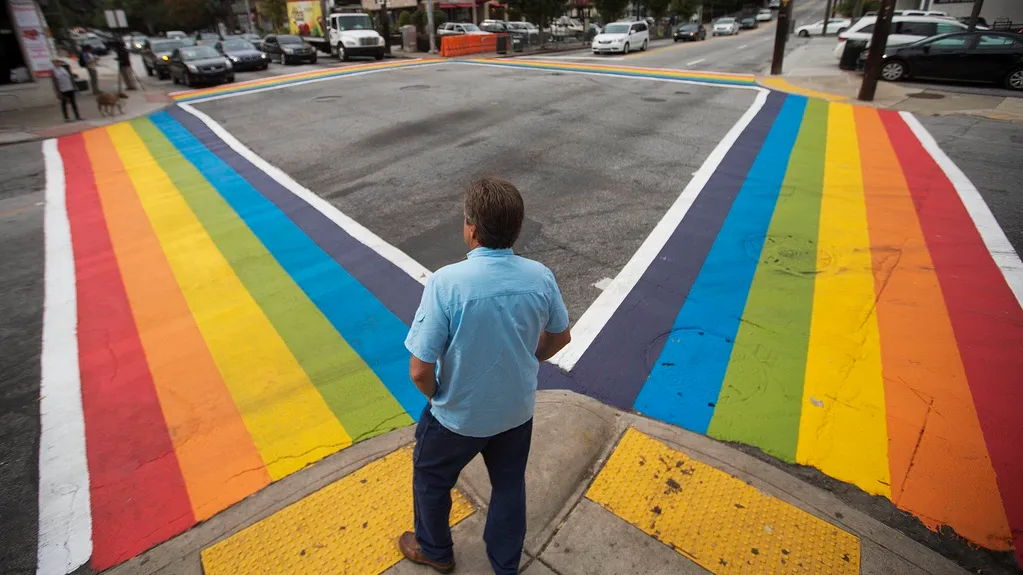May 20, 2014
South Africa Ends Gay Blood Donation Ban
Winnie McCroy READ TIME: 2 MIN.
In yet another alarming example of how behind the times the U.S. can be, South Africa has beaten us to the punch on the issue of gay men donating blood. Mamba Online reports that the country is now permitting sexually active gay men to donate blood to the South African National Blood Service (SANBS).
As EDGE has reported, in the U.S., the Food and Drug Administration continues to uphold the 30-year-old nationwide ban on blood donations by any man who has ever had sex with another man. The FDA implemented this ban in 1983, when health officials were first learning about the dangers of blood infections among people with HIV.
This is despite opposition from the American Medical Association, which voted in June 2013 to oppose the policy, with AMA board member William Kobler calling it, "discriminatory and not based on sound science."
Also pushing for a change in the policy are the Red Cross, the American Association of Blood Banks and America's Blood Centers.
In August 2013, more than 80 U.S. Congress members wrote the Department of Health and Human Services, under which the FDA works, criticizing the ban as an outdated measure that perpetuates stereotypes about gay men.
South Africa is taking a tack similar to that recently implemented in Canada, where gay men are allowed to donate blood to the Canadian Blood Services, but under some restrictions.
In South Africa, the new policy will favor those involved in monogamous relationships, regardless of their sexuality. Vanessa Raju, SANBS Communications Manager told Mambaonline that anyone with a new sexual partner will not be allowed to donate blood for six months, and those with multiple partners will be banned entirely.
"This policy would apply to me, for example, who's just started dating someone new," Raju added. "But people who are in monogamous male same-sex relationships [for more than six months] can now donate."
As in countries like Spain and Italy, South Africa will also ban donations by anyone, gay or straight, who has recently had unprotected sex. Raju explained that "South Africa was different from other countries in terms of risk of HIV," with the epidemic affecting the majority of heterosexual people rather than gays.
"The policy wasn't meant to be discriminatory, but it was seen as such," she admitted. "We then worked closely with the Department of Health and other organizations to reassess the situation."
Johan Meyer, Health Manager at OUT Well-being in Pretoria, welcomed the news. "This change in the SANBS policy is wonderful and a breakthrough for the LGBTI sector. The previous policy was seen as discriminatory, although it was not meant to be. Now everyone, regardless of sexual orientation, is treated the same. It shows the value of good research, which can provide evidence for the basis of policy change."
Winnie McCroy is the Women on the EDGE Editor, HIV/Health Editor, and Assistant Entertainment Editor for EDGE Media Network, handling all women's news, HIV health stories and theater reviews throughout the U.S. She has contributed to other publications, including The Village Voice, Gay City News, Chelsea Now and The Advocate, and lives in Brooklyn, New York.


